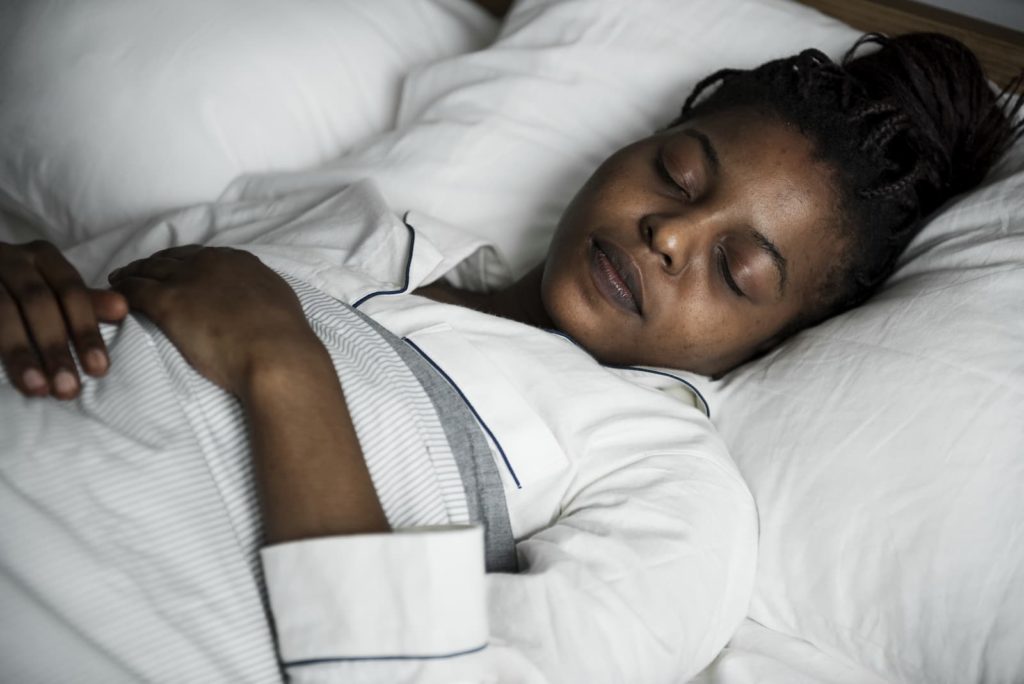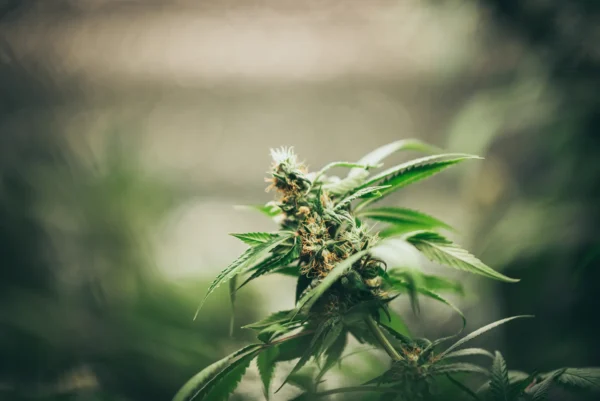What is insomnia?
Insomnia is a sleep disorder that is characterised by being unable to get to sleep or remain asleep for a minimum of three nights per week. Insomnia has a wide-ranging impact on quality of life, affecting both physical and mental health. Approximately 10% of adults in the UK are estimated to suffer from insomnia.
What treatments are available for insomnia?
The exact cause of insomnia is not known; however, it is believed to be due to a range of factors. These include genetics or brain chemistry which may make someone more likely to experience insomnia. Having a chronic physical or mental health condition can also increase the likelihood of experiencing insomnia. Our behaviours can have a significant impact on our sleep as well. Inconsistent sleep schedule, lack of exercise, excessive alcohol and caffeine consumption can all worsen sleep quality and quantity.
The most important factor for anyone with insomnia to address are those behavioural factors that are easiest to control, such as exposure to bright screens immediately before bed or excessive caffeine intake.
If insomnia is still present after making changes to your lifestyle treatments may be considered. These include psychological interventions such as sleep restriction, stimulus control, relaxation training, and cognitive behavioural therapy, as well as pharmacological therapies.
One of the most prescribed medications for insomnia are benzodiazepines. It is estimated that 300,000 adults in England alone have been prescribed benzodiazepines for one year or more, despite recommendations that they only be used for a maximum of 4 weeks. Patients may also be prescribed Z-drugs; however, there is a concern over the potential risk of developing a dependence to these medications. Melatonin, a naturally occurring chemical involved in the sleep-wake cycle has demonstrated a favourable safety profile and positive effects in improving sleep latency; however, it is not clear if these effects are clinically significant.
Despite a wide range of available treatments, it is common for people to have recurring episodes of chronic insomnia. Considering the concerns about the medications that are prescribed for insomnia, there is a need to investigate emerging treatments.
Medical cannabis and insomnia
The endocannabinoid system (ECS), the body’s own system of chemicals and receptors expressed throughout the nervous system, has been suggested as a potential target for treating insomia due to evidence of its role in regulating the circadian rhythm or sleep-wake cycle.
Previous research on medical cannabis for insomnia, however, has failed to find an answer to whether it can be effective across a wide range of individuals due to limitations of trial design. Researchers at Curaleaf Clinic have previously looked at the reported outcomes for conditions such as post-traumatic stress disorder, in which sleep quality is a core feature. Our researchers have since published a recent study using real-world evidence collected via the UK Medical Cannabis Registry to report the outcomes of patients prescribed medical cannabis for insomnia.
Design and Methods of the Study
The UK Medical Cannabis Registry utilises a bespoke electronic reporting environment to collect data including medical cannabis prescriptions, patient demographics, patient-reported outcome measures (PROMs) and adverse events (AEs). The current analysis assessed data from patients with insomnia who have received a medical cannabis prescription. Data were extracted on February 15, 2022.
Patient-Reported Outcome Measures (PROMs)
The primary outcomes of interest were changes in PROMs from baseline to follow-up at 1, 3, and 6 months. PROMs included the Single-Item Sleep-Quality Scale (SQS), a sleep-quality assessment tool which utilises a numerical rating scale; The Generalised Anxiety Disorder-7 (GAD-7), a 7-item rating system which is utilised in the diagnosis of the severity of GAD; and the EQ-5D-5L, a population-based tool for the assessment of health-related quality of life across five domains (mobility, self‐care, usual activities, pain or discomfort, anxiety, or depression).
Other Outcomes
Adverse events were also recorded, either by the patients remotely contemporaneously, at 1, 3, and 6 months, and every 6 months thereafter, or were recorded by their clinician during a routine visit. Concurrent medications were recorded, with changes in medications recorded throughout treatment by patients, and supplemented by clinicians if unreported between clinical encounters.
Findings of the Study
Of 2,833 patients who remained after the exclusion criteria were applied, 61 had a primary indication for a prescription of medical cannabis for insomnia. In total, 50, 40, and 27 patients had PROMs recorded at 1, 3, and 6 months, respectively. Fifteen patients (24.6%) were on Z-drugs and five patients (8.2%) were prescribed diazepam at the time of data extraction; 41 patients (67.2%) were not on any medications for insomnia.
Patient-Reported Outcome Measures
PROMs showed that there was a change in subjective sleep quality as demonstrated by improvements in SQS scores: More than 40% of participants who completed each PROM round reported clinically significant changes in their sleep quality at each period. Changes in GAD-7 and EQ-5D-5L Index values were also seen at 1, 3, and 6 months after CBMP commencement and EQ-5D-5L subscores for usual activity, pain and discomfort, and anxiety and depression improved at 1 and 3 months.
Other Findings
A total of 28 (45.9%) adverse effects were recorded by 8 (13.1%) participants. The most common adverse effects were insomnia (n = 5; 17.9%), dry mouth (n = 3; 10.7%), and dizziness (n = 3; 10.7%), and most were either mild or moderate. No adverse effects were classified as life-threatening or disabling.
Conclusions
These results show that in a population of patients at Curaleaf Clinic with insomnia, starting medical cannabis was associated with changes in sleep quality in patients who had previously failed to respond to currently licensed treatments for insomnia. Patients also showed an associated change in self-reported generalised anxiety and general health-related quality of life. However, it is important to recognise the limitations of the study design and the authors acknowledge that randomised controlled trials will be necessary to determine the true efficacy of medical cannabis in the treatment of insomnia.





